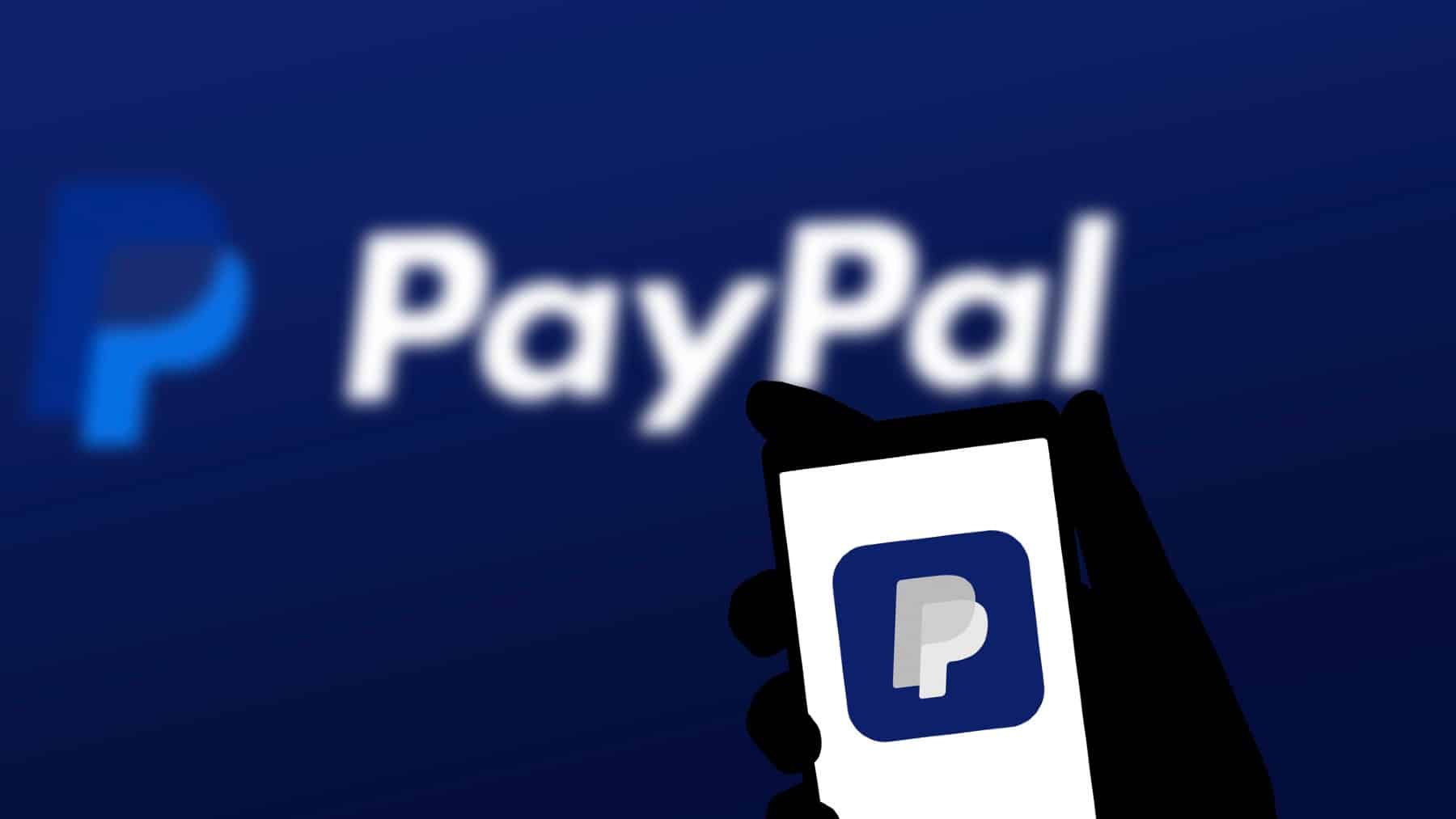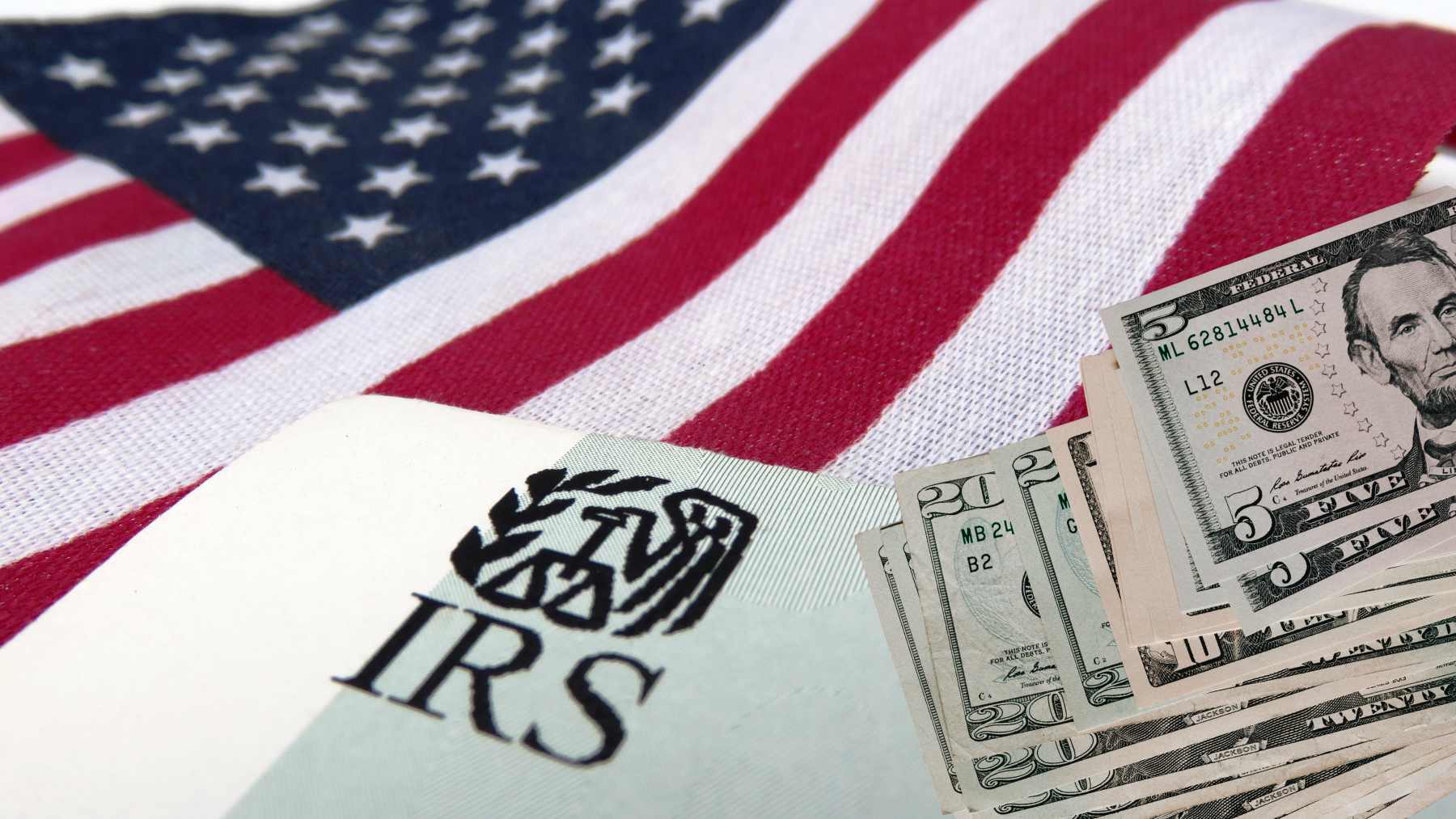PayPal is tapping into their digital finance sphere by introducing a new incentive which is a 3,7% annual yield on their U.S. dollar-backed stablecoin, PayPal USD (PYUSD). The move is geared towards expanding the use of PayPal’s stablecoin across its payment platforms showing how significant stablecoins are in the broader financial ecosystem.
With the stablecoin market gaining more attention and more financial players looking to find their position in the digital payment world, PayPal’s announcement is somewhat of a turning point in terms of the adoption of stablecoins.
All about PayPal’s novel PYUSD rewards program
As of this summer, both PayPal and Venmo users throughout the U.S. will earn 3.7% APY on their PYUSD holdings. The yield will get paid in PYUSD and can thus be used directly within the PayPal system for:
- Funding international transfers
- Sending payments to other users
- Shopping online with PayPal merchants
- Exchanging for fiat currency
With the introduction of such an incredible incentive, the holding of and use of PYUSD becomes far more attractive in comparison to traditional fiat or even rival stablecoins like Tether (USDT) and Circle’s USDC that are currently dominating the market. Being focused on utility-driven yield, PayPal offers users somewhat of a functional value in exchange for simply holding onto digital dollars.
According to Alex Chriss, President and CEO of PayPal, “Stablecoins have the power to reshape the future of commerce. Combining this innovative technology with our expansive global network allows us to help all users thrive in the world economy.”
Where PYUSD fits in the competitive stablecoin market?
From the beginning of PYUSD back in 2023, PayPal has earned the status of being the first major financial institution rolling out a U.S. dollar-backed stablecoin. However, at present, the PYUSD accounts for less than 1% of the stablecoin market. The stablecoin market according to CryptoQuant is currently one dominated by USDT (with approximately 66% market share) and USDC (28%).
While the footprint of the PYUSD is still small, it is backed up by PayPal’s global infrastructure giving the PYUSD the advantage that it needs. PayPal’s approach is one that focuses on facilitating transactions whereas other stablecoin issuers are more focused in profit generated from interest income on reserves. Offering the user a yield and allowing for seamless spending, PYUSD can be seen as a functional currency.
PayPal’s official statement on the yield-bearing stablecoin shows that PayPal is motivated to create a commerce-ready ecosystem where vendor payments and cross-border transfers are offered. PayPal will also potentially offer bill pay and payouts in the future.
The pull and traction of stablecoins
Stablecoins bridge the gap between crypto and fiat worlds and are primarily used for trading, lending, or storing value in decentralized finance (DeFi). Stablecoins have become more popular among mainstream users as an alternative to bank savings, more so in countries that have volatile currencies or limited banking infrastructure. Digital finance is a world of finance on its own. So much so that Crypto investors do need to fill out a few things on their tax returns before the tax deadline.
PayPal’s decision to offer yield on stablecoins
Part of the broader stablecoin trend is that of offering a yield on stablecoins. The yield-bearing stablecoins has been marketed as a new financial product that users wish to grow without the volatility experienced when dealing with traditional crypto assets like Bitcoin or Ethereum.
PayPal’s offer is gaining traction due to the focus on usability and payments. The yield that PayPal offers works on encouraging circulation rather getting people to focus on investing. The strategy is one that PayPal hopes will help them to tap into the underbanked population who generally lack high-yield savings accounts but already make use of PayPal or Venmo. The message from PayPal’s PYUSD is clear, digital dollars are not only for traders.
With the landscape of cryptocurrency changing ever so often, citizens must also stay abreast of any changes related to Bitcoin industry.















